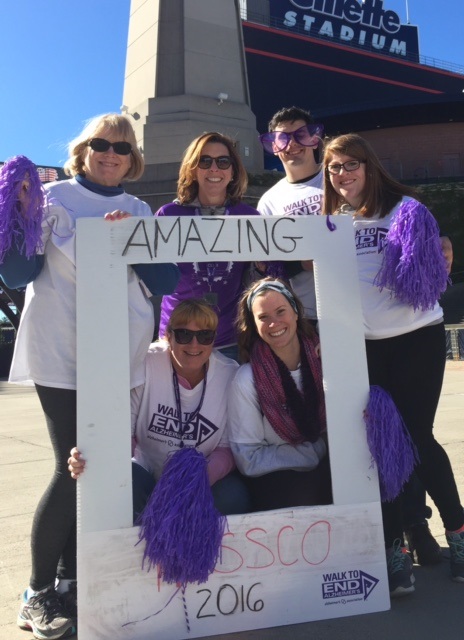Eldercare Q & A Helping the Deaf and Hard of Hearing
Q:What’s the difference between hard of hearing and deaf?
A: Hard of hearing (HOH) refers to people who still have some useful hearing, and can understand spoken language in some situations, with or without amplification. Most HOH people can use the phone and use hearing aids. Deaf people, on the other hand, have little or no hearing. They may use sign language of speech reading, and a hearing aid may help make speech understandable. People who use spoken English to communicate are called “oral deaf.” Most deaf people lost their hearing before they learned spoken language, and they see hearing loss not as a medical condition that needs to be corrected, but as a cultural distinction.
People who are “late-deafened” are those who lost all or most of their hearing during or after their teen years. Most need sign language or speech reading to understand conversation, and cannot use the telephone. In many cases doctors can’t determine what causes deafness later in life, but some common causes include: exposure to loud noise, aging, meningitis, accidents/trauma, virus, Meniere’s disease, and tumors of the acoustic nerve. If you experience a sudden drop in hearing, unexpected dizziness, drainage from your ear, or significant pain in your ear or head—contact your doctor.
Acquired deafness is a traumatic loss, especially for people who lose their hearing suddenly. People who are born deaf never feel this overwhelming sense of loss, because they never experienced hearing. But for adults who become deaf, the sense of loss can be devastating. They may go through a grieving process that lasts months or even years. This loss also strikes people who gradually experience hearing loss.
Newly-deafened people often report a feeling of isolation and loneliness. But deafness does not mean that your recreational or social life has to stop. You can still do many of the same things you used to do, just do them differently.
There are some special concerns for the elderly. The incidence of hearing loss increases dramatically with age. One third of all people over the age of 60 and 50% of people over 80 have some form of hearing loss. Hearing impairment in the elderly can seriously affect their safety, quality of life, and ability to live independently. Some seniors are not comfortable with new technologies like assistive listening devices or close captioned TV. The small controls on hearing aids may be hard to use. Seniors may be anxious about being able to remain living at home, and may be unaware of safety alerting devices and other assistive technology.
The Massachusetts Commission for the Deaf and Hard of Hearing can be used as a central point of contact for seniors and their caregivers. Their website is www.mass.gov/mcdhh. Much of the information in this column is taken from The Commission’s publication, The Savvy Consumer’s Guide To Hearing Loss. This publication lists organizations that offer support services, medical help, financial assistance and benefits programs, communications options, assistive technologies, and real life coping skills. Call 1-800-882-1155, or 617-740-1700 (TTY) to get a copy of this book.


